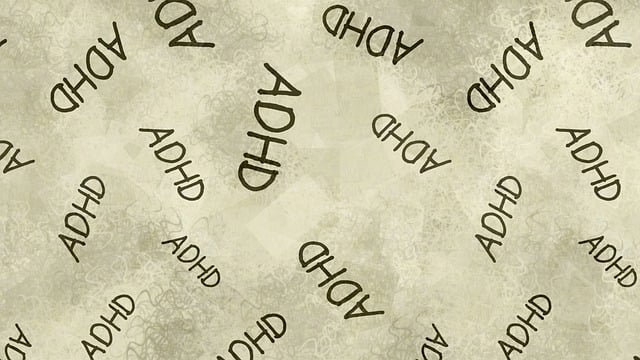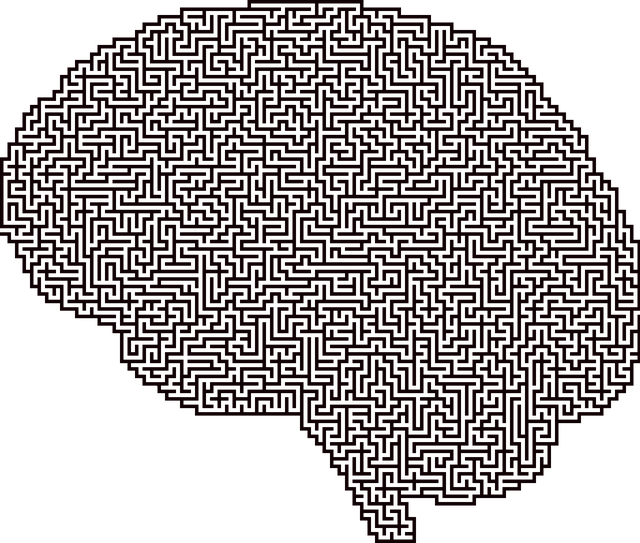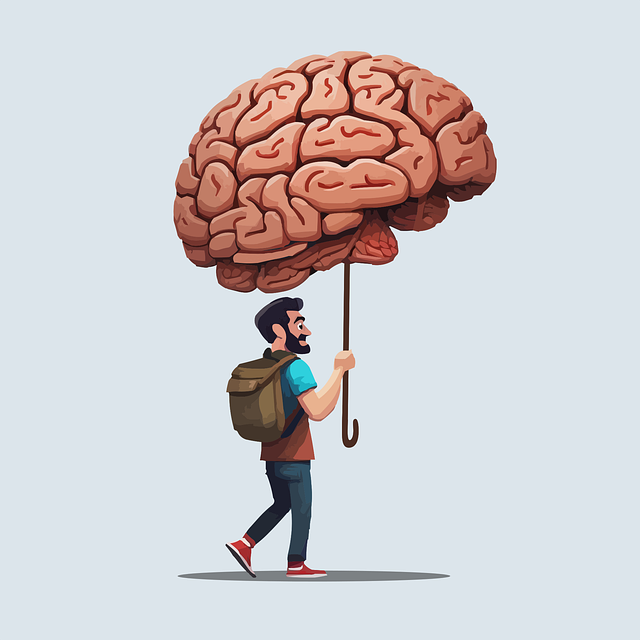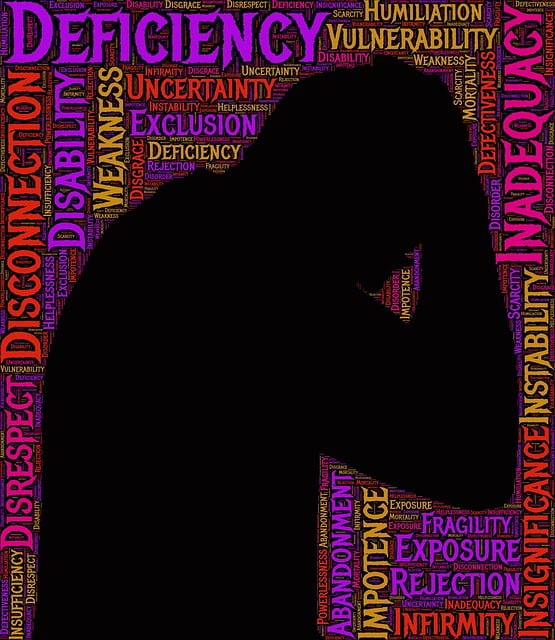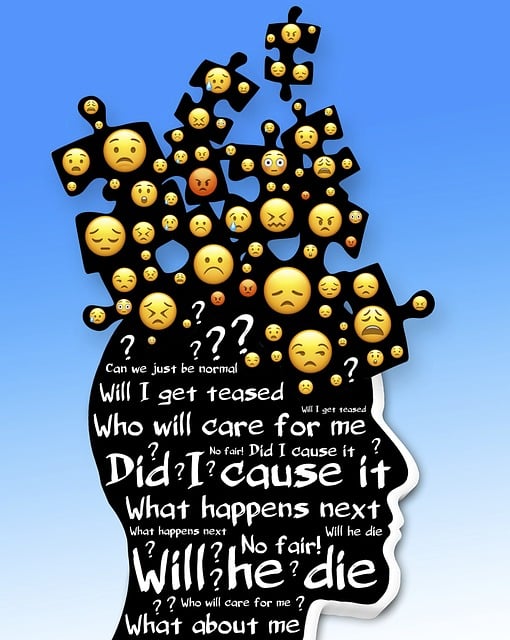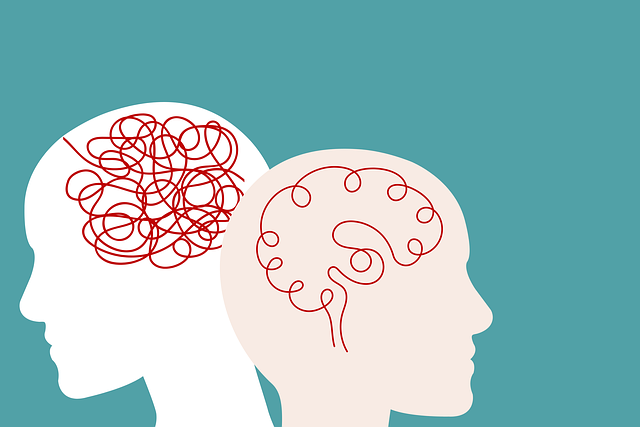In today's digital era, mental wellness apps are crucial for addressing diverse needs, from self-care to burnout prevention for professionals like healthcare providers. These apps incorporate personalized coaching, mindfulness exercises, mood tracking, and social skills training, including principles of Centennial Codependency Therapy (CCT), to enhance overall well-being. Effective apps offer tailored emotional healing processes, user-centric interfaces, and community support, promoting mental health education and improved relationships. By integrating CCT techniques with digital convenience, these apps revolutionize stress management and codependency therapy, fostering healthier habits through holistic solutions.
In today’s digital age, mental wellness app development is a game-changer, addressing growing global concerns. With a focus on accessibility and privacy, these applications offer much-needed support for emotional well-being. This article explores the emerging field of mental health technology, from identifying key features for effective apps to delving into innovative approaches like Centennial Codependency Therapy. We’ll discuss user experience design strategies and sustainable marketing techniques, highlighting how these apps can revolutionize mental wellness access and care.
- Understanding the Need for Mental Wellness Apps
- Key Features of Effective Mental Health Applications
- Centennial Codependency Therapy: A Unique Approach in App Development
- Designing for User Experience and Engagement
- Marketing and Sustainability Strategies for Mental Wellness Apps
Understanding the Need for Mental Wellness Apps

In today’s fast-paced and often stressful world, mental wellness has become a paramount concern for individuals across various demographics. The rise of digital technology offers unprecedented opportunities to address this growing need, making mental wellness apps increasingly relevant and necessary. These applications cater to a diverse range of users, from those seeking personal growth through self-care practices to professionals aiming to prevent burnout, such as healthcare providers employing effective burnout prevention strategies.
The pervasive impact of mental health issues, including codependency therapy needs, highlights the importance of accessible solutions like mobile apps. Apps focused on mental wellness coaching programs can provide personalized guidance and support, helping users develop crucial life skills and enhance their overall well-being. By integrating features such as mindfulness exercises, mood tracking, and social skills training, these applications offer a comprehensive approach to nurturing mental health.
Key Features of Effective Mental Health Applications

Effective mental health applications are designed to support users’ mental wellness through a combination of features tailored to individual needs. One key aspect is incorporating Emotional Healing Processes, such as mindfulness exercises, meditation, and cognitive-behavioral techniques, to help individuals manage stress, anxiety, and other emotional challenges. These apps often include personalized dashboards, allowing users to track their mood, set goals, and reflect on their progress over time.
Additionally, successful mental health apps integrate Centennial Codependency Therapy principles to foster healthier relationships and self-care habits. Features like community forums, peer support groups, and expert-led sessions enable users to connect with others facing similar issues, share experiences, and gain valuable insights. Well-designed interfaces that prioritize user privacy and accessibility further enhance the effectiveness of these applications in promoting Mental Health Education Programs Design and overall mental wellness.
Centennial Codependency Therapy: A Unique Approach in App Development

Centennial Codependency Therapy offers a unique and innovative approach to mental wellness app development. This therapeutic framework focuses on addressing codependent behaviors and relationships, which are prevalent in today’s fast-paced society. By integrating this method into an app, users can gain insights into their interpersonal dynamics and develop healthier attachment styles. The app could facilitate mental wellness journaling exercises tailored to identify and challenge codependent patterns, fostering a sense of self-awareness.
Additionally, it can provide empathy building strategies and confidence boosting activities to help individuals set boundaries and promote healthy relationships. This holistic approach ensures that users not only understand their codependency but also learn practical tools to enhance their overall mental wellness.
Designing for User Experience and Engagement

Creating a mental wellness app requires a deep understanding of user needs and behaviors. Designing for optimal User Experience (UX) involves intuitive navigation, accessible content, and personalized features that cater to diverse mental health journeys. Incorporating evidence-based practices like Centennial Codependency Therapy (CCT), Mental Wellness Journaling Exercises, and Empathy Building Strategies ensures the app provides genuine support. Engaging users through interactive elements, such as guided meditations or crisis intervention tools, can enhance adherence and foster a sense of community.
Visual design plays a crucial role in setting the tone for user engagement. A clean, calming interface with clear call-to-actions encourages consistent use. Regular updates incorporating user feedback and new research ensure the app remains relevant and effective. By balancing therapeutic guidance with engaging experiences, mental wellness apps can empower individuals to take charge of their mental health in a supportive digital environment, potentially offering lifesaving Crisis Intervention Guidance when needed.
Marketing and Sustainability Strategies for Mental Wellness Apps

In today’s digital age, mental wellness apps are gaining immense popularity as tools to support individual well-being. Effective marketing strategies are crucial for introducing these apps to their target audiences and fostering user engagement. One key approach involves leveraging online communities and social media platforms, especially those catering to mental health advocates, to create buzz around the app’s unique features, such as its focus on Centennial Codependency Therapy (CCT). By sharing success stories, offering sneak peeks of the app’s interface, and engaging in discussions about modern therapy techniques, developers can attract users seeking innovative solutions for stress management.
Moreover, ensuring long-term sustainability requires a holistic view. This includes implementing features that encourage consistent use, such as personalized goals and rewards systems. Additionally, promoting cultural sensitivity in mental healthcare practice through diverse content and user profiles can expand the app’s appeal globally. Integrating Stress Management Workshops Organization recommendations into the app’s curriculum can enhance its value, while reinforcing positive thinking principles throughout the user experience will contribute to improved overall well-being among users.
Mental wellness apps have emerged as powerful tools to support individuals’ mental health journeys. By incorporating innovative approaches like Centennial Codependency Therapy, these applications offer accessible and engaging solutions. Effective design, user experience, and targeted marketing strategies are vital for their success and sustainability. Embracing these key elements can foster a healthier digital landscape, where people actively take charge of their well-being.

